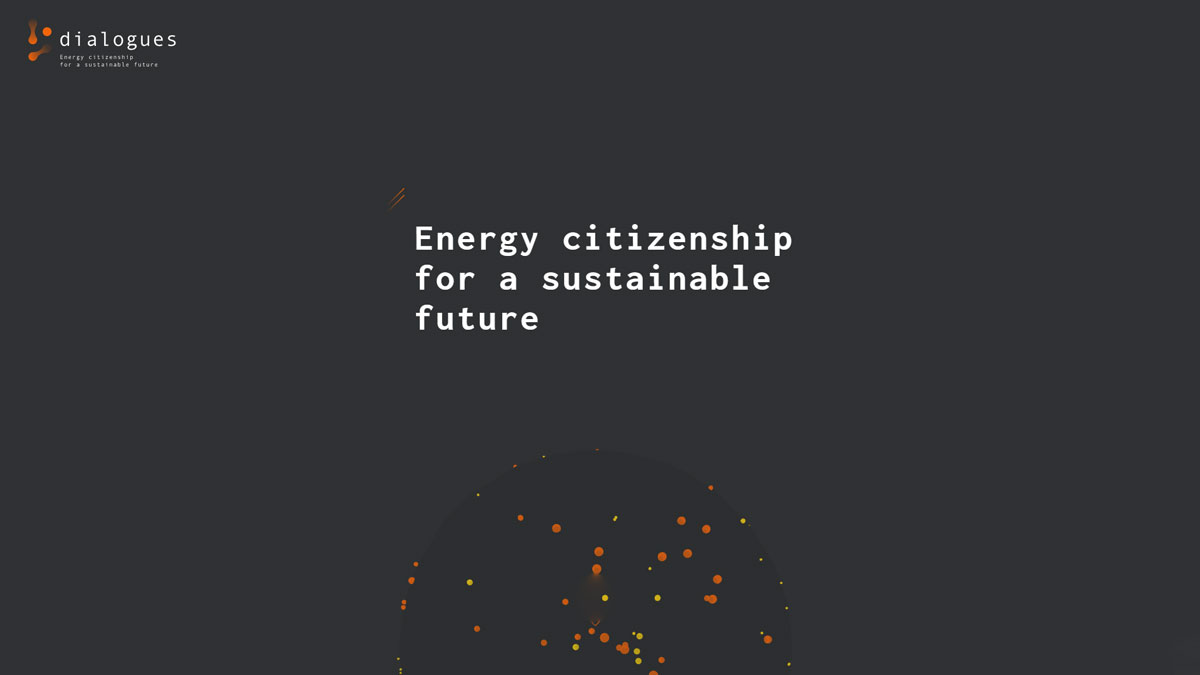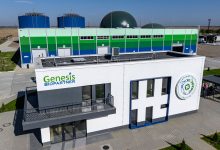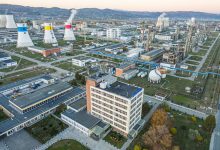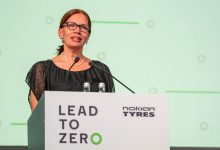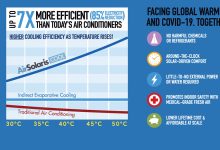DIALOGUES Puts Citizens in the Centre of the Energy Transition
DIALOGUES, funded under the Horizon 2020 programme, will support the Energy Union with operational research on energy citizenship enabling citizens to engage in energy matters. The project will last until May 2024.
In order to reach the ambitious challenges of the European Union’s Green Deal and the Paris Agreement – to make Europe the first carbon-neutral continent by 2050 – swift action, involving a broad range of actors, is needed.
Since the 2009 commitment to create an internal Energy Union, the EU and its member states have made significant progress with the digitalization of the energy sector, the advancement of energy innovation and technologies, energy efficiency improvements, and the continuous shift towards renewable energy sources.
DIALOGUES is aligned with this strategy. The project is based on the concept of Energy Citizenship – the degree and ways in which the goal of a sustainable energy transition enters the everyday life of a citizen and is also harmonized with the EU’s four strategic objectives (decarbonising buildings, renewables uptake, energy storage, and sustainable mobility).
The goal of the project is to promote inclusivity in Energy Citizenship. DIALOGUES achieves this by paying particular attention to how the transition will impact groups differently, depending on their gender, socio-economic status, and ethnicity, among others. In the course of the project duration – 36 months – there are several planned actions including 9 Citizen Action Labs in 8 countries that will put citizens at the core of the innovation process.
These events will combine different robust methods and techniques to motivate, encourage, and inspire participants to reflect on their current energy citizenship identity, envision future energy scenarios, and explore enhanced roles of individuals in the energy transition.
The DIALOGUES consortium consists of 13 partners, 9 academic partners, 1 SME and 3 NGOs. It covers institutions from all across Europe – Norway, Austria, Germany, Bulgaria, Portugal, Italy, Greece, Canada and Turkey – and will foster deep, multilateral exchanges with 72 supporting organizations in 13 nations.
Horizon Europe
The EU’s key research and innovation seven-year programme with a budget of €95.5 billion, is part of the EU-long-term Multiannual Financial Framework (MFF) that aims to:
- Fuel EU’s scientific and technological excellence and the strengthen the European Research Area (ERA).
- Tackle policy priorities, including green and digital transitions and Sustainable Development Goals (SDG’s).
- Boost Europe’s innovation uptake competitiveness and jobs.
Until last year, Horizon Europe was widely known as Horizon 2020. After the European Parliament’s and the EU Council’s agreement in order to remove barriers from innovation and establish fairer framework conditions with international partners, it became Horizon Europe 2021-2027.
The funding programme facilitates collaboration and strengthens the impact of research and innovation in developing, supporting, and implementing EU policies while tackling global challenges. It boosts creating and better dispersing of excellent knowledge and technologies.


